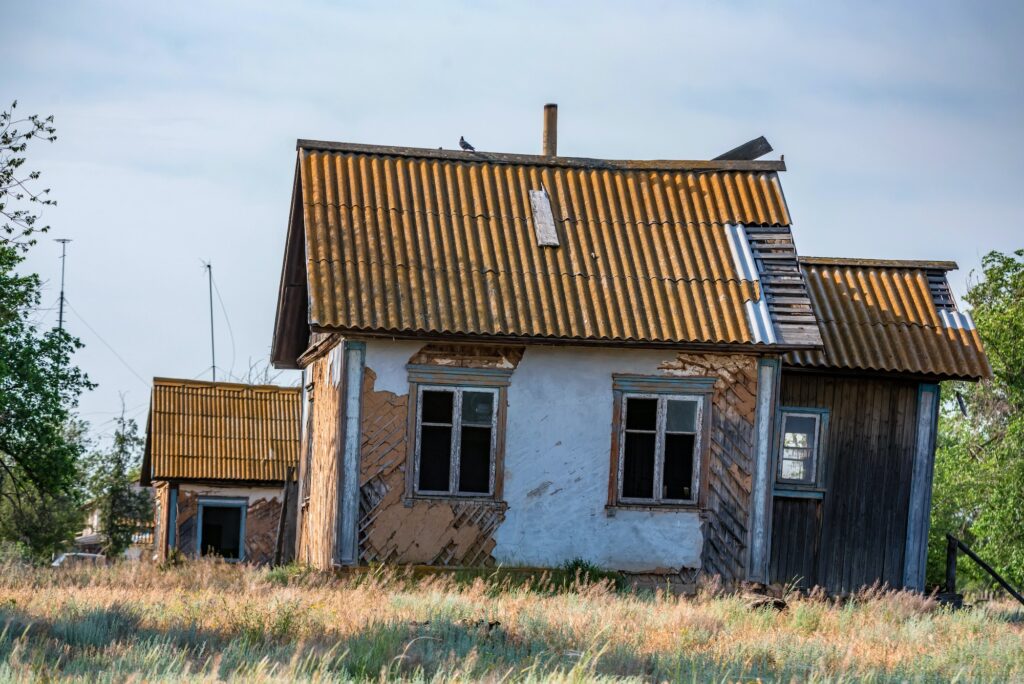Houses are one of the most important investments you will ever make. When you purchase an old house, you’re not just getting a place to live—you’re getting a piece of history. However, just because an old house is older doesn’t mean it won’t need some TLC from time to time. In this blog post, we will explore some of the basics you need to know before buying an old house. From historical significance to pests and more, read on to learn everything you need to know before making your purchase.
What to look for when buying an old house
When you are considering buying an old house, there are a few things you should keep in mind.
1. Location is key – Make sure the house is located in a desirable area, as this will impact your overall cost.
2. Size and layout – Be sure to assess the size and layout of the house before making an offer. This will help you determine if it’s the right fit for your needs and budget.
3. Condition – It’s important to assess the condition of the house before making an offer. This will help you get a better idea of its value and potential repairs/updates that may need to be made.
4. Inspections – Always have an inspection performed on any old house you are considering purchasing, as it can help protect both your interests and those of the seller(s).
How to negotiate a good deal on an old house
When you’re looking to buy an old house, it’s important to know what kind of negotiation skills you need to have in order to get a good deal. Here are four tips for negotiating a good deal on an old house:
1. Don’t be afraid to ask for more money than you initially think you need.
When you’re starting negotiations, it’s important to be realistic about your needs and expectations. However, don’t be afraid to ask for more money than you think is necessary. If the seller is unwilling or unable to meet your demands, it may be worth considering another property option.
2. Be prepared to walk away from the deal if negotiations aren’t going smoothly.
If negotiations are proving difficult, it may be best to walk away from the deal altogether and look at other options. You may be able to find a better deal on another property if you’re willing to put in some extra effort.
3. Don’t let emotions get in the way of negotiations.
During negotiations, it can be easy for emotions (such as anger or frustration) to get in the way of rational thinking. It’s important not to let these emotions get the best of you – if things aren’t going well, calmly and rationally discuss your concerns with the seller before walking away from the deal. This will help ensure that both parties remain courteous throughout the process.
4. Be prepared to compromise – even on key points of the deal.
When negotiating a good deal on an old house, it’s important to be flexible – even on key points. For example, if the seller wants a higher down payment than you’re comfortable with, don’t be afraid to offer something in return (such as closing costs or help with repairs). By being willing to compromise, you’ll likely be able to strike a deal that both parties are happy with.
What to do if you find mold or asbestos in an old house
If you find mold or asbestos in an old house, don’t just walk away. Contact a qualified professional to assess the situation and determine the best course of action. If the home is uninhabitable, you may need to take steps to remediate the area.
First, make sure that the area is safe. Remove any furniture or other objects that could be damaged by asbestos or mold. If there’s a lot of dust or debris, sweep it up and place it in a garbage bag for disposal later.
Then, call a professional cleaning company to assess the situation and provide recommendations for cleaning. The company may use special equipment to clean areas where asbestos or mold is suspected. Special precautions should be taken when working with these materials, so ask the company what safety measures they have in place.
Once the cleaning is complete, it’s important to seal any potential leaks and cracks in the structure with sealant or caulking. This will help prevent future contamination from entering the home.
Conclusion
Buying an old house can be one of the best decisions you ever make if you take the time to do your research and put in a little bit of effort. Talk to as many people as possible, whether it’s family members, friends, real estate agents, or anyone else who will let you – before making any final decisions. Getting multiple opinions will help ensure that you get the most accurate information possible when buying an old house.

